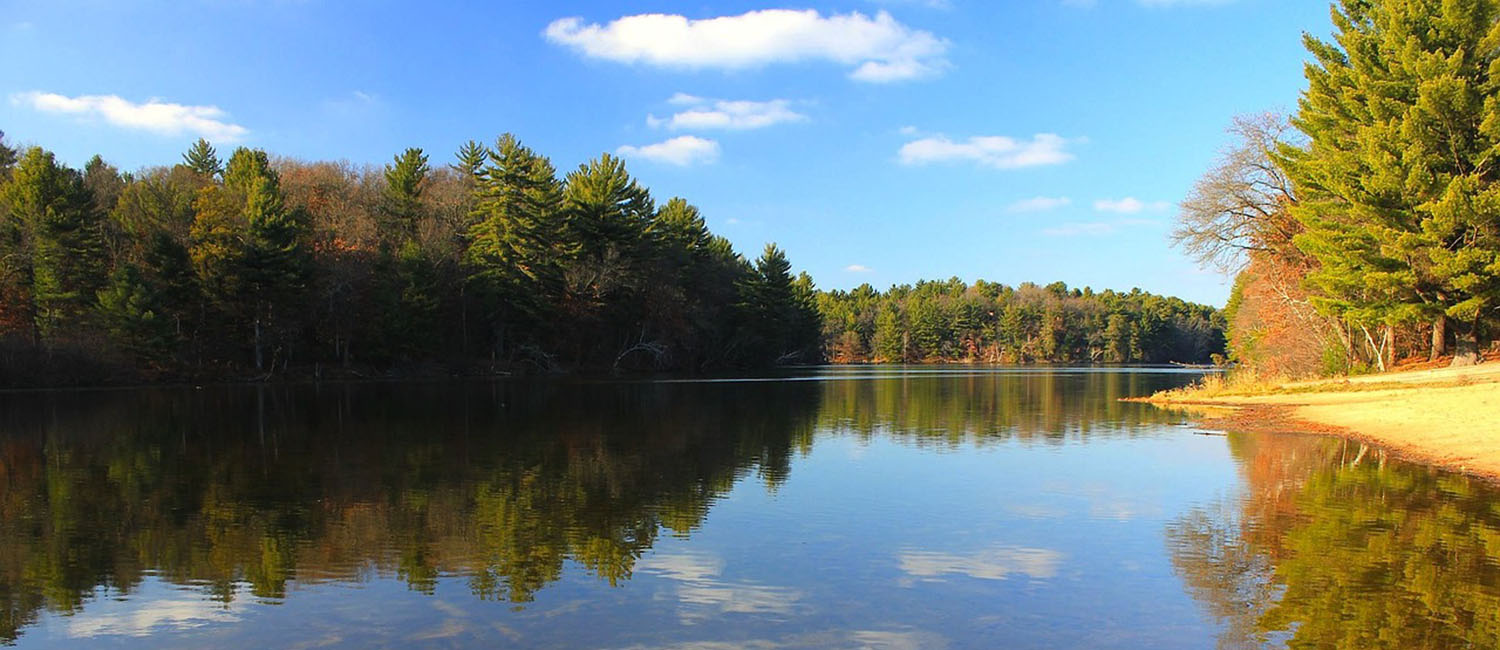When the Center for Water Policy, housed at UW-Milwaukee, first convened the UW System Water Policy Network in winter of 2021, the goal was to build relationships among water policy experts and researchers across the 13 Universities of Wisconsin.
A pilot grant from the Freshwater Collaborative in June 2021 helped staff at the Center for Water Policy create the infrastructure that would establish the Water Policy Network as a statewide communications hub. Additional grants have helped to grow the network to more than 50 members who meet regularly to share ideas, leverage research methods, collaborate on research proposals, and develop water policy curricula for use across the Universities of Wisconsin.
In May 2024, the network was renamed the Freshwater Collaborative Water Policy Network in recognition of the ongoing funding and the statewide nature of the network.
“The goals of the Water Policy Network align with the long-term vision of the Freshwater Collaborative in fostering collaborative research and initiatives among the 13 UW campuses, private sector and state institutions,” says Melissa Scanlan, director of the Center for Water Policy and professor in the School of Freshwater Sciences at UW-Milwaukee. “Given our increasing collaboration and membership, it made sense to rename the network at this time.”
Over the past three years, the network has become a hub for those interested in water policy to identify collaborators more easily for grants, guest lectures, public speaking, media interviews, and more. It serves as a resource for government agencies, the private sector, and other stakeholders to connect with water policy experts from across the Universities of Wisconsin. The network also hosts presentations and discussions for its members, stakeholders, and the public throughout the academic year.
In February 2023, the Center for Water Policy and members of the network organized the “Phosphorus: Lessons from 10+ Years of Numeric Standards for Wisconsin’s Waters,” a statewide conference to evaluate a decade of research and experience implementing Wisconsin’s phosphorus rules and their impact on water quality.
The event, funded in part by the Freshwater Collaborative, connected academic researchers with professionals working on water issues, agricultural and conservation professionals and agencies, farmers and producers, policymakers, and the public. Nearly 250 people attended. Members of the Water Policy Network created a post-conference report along with an academic research agenda and policy recommendations.
Each year a member of the Water Policy Network is selected for the Water Policy Scholar Award, which provides them $10,000 from the UWM Provost’s Fund toward research related to one of the Grand Water Challenges. Scholars present their research in April each year.
In addition to the network’s activities, Freshwater Collaborative funding provides support for a water policy specialist, who is a recent law school graduate. Specialists leverage the Water Policy Network to conduct policy and legal research related to freshwater issues such as public access, flooding caused by climate change, phosphorus regulation in Wisconsin, and federal water infrastructure legislation.
“Our investment in the Water Policy Network has helped create a statewide communications hub to address water policy and the Grand Water Challenges,” says Marissa Jablonski, executive director for the Freshwater Collaborative. “We look forward to seeing how this network will continue to make Wisconsin a leader in water research and policy.”
In addition to Scanlan, the Freshwater Collaborative Water Policy Network is led by Rajpreet Grewal, water policy specialist, Center for Water Policy; Laura Suppes, associate professor in Public Health and Environmental Studies, UW-Eau Claire; Ken Genskow professor in Planning & Landscape Architecture, UW-Madison; and Stephanie Spehar, director of the Sustainability Institute for Regional Transformations, UW-Oshkosh.
If you are interested in joining the Freshwater Collaborative Water Policy Network or viewing members, visit www.uwm.edu/centerforwaterpolicy/programs/uw-water-policy-network/.

